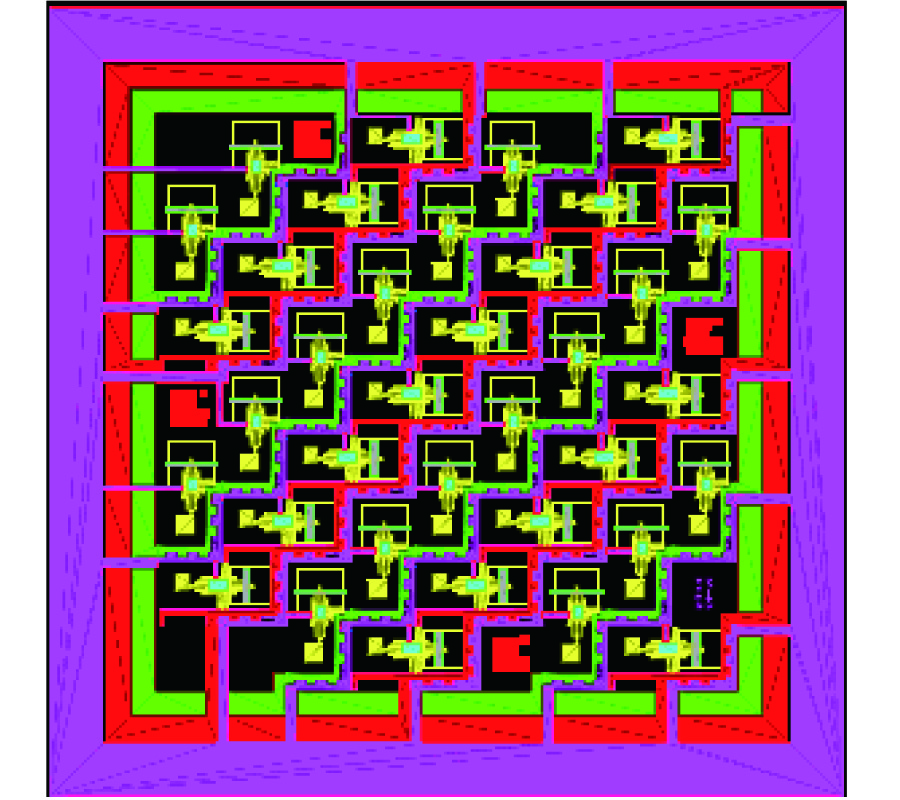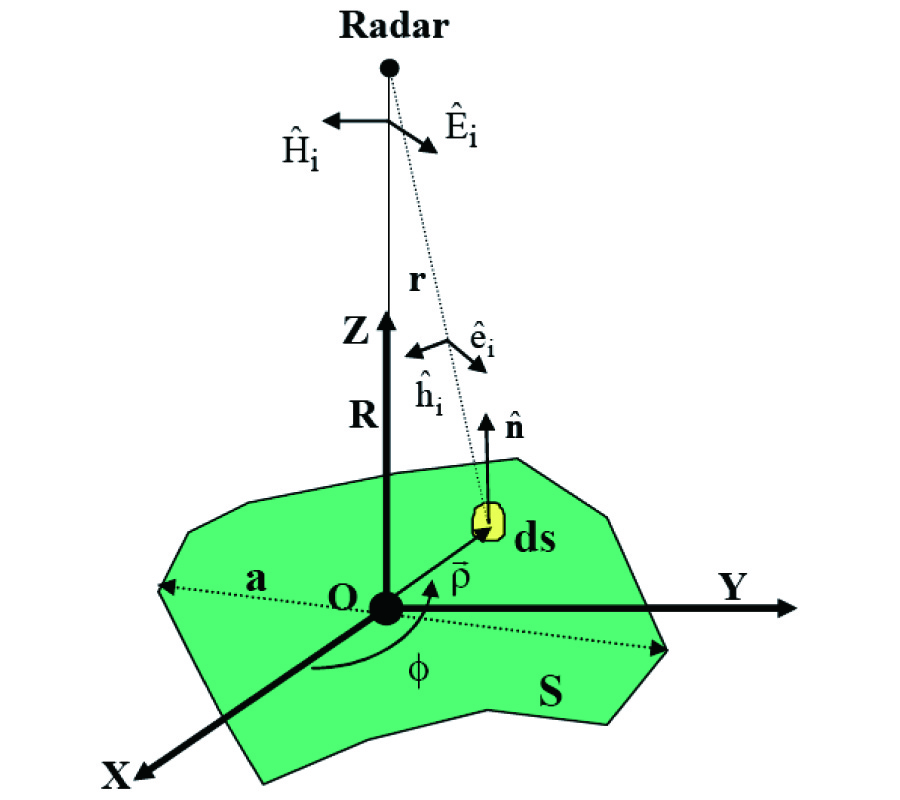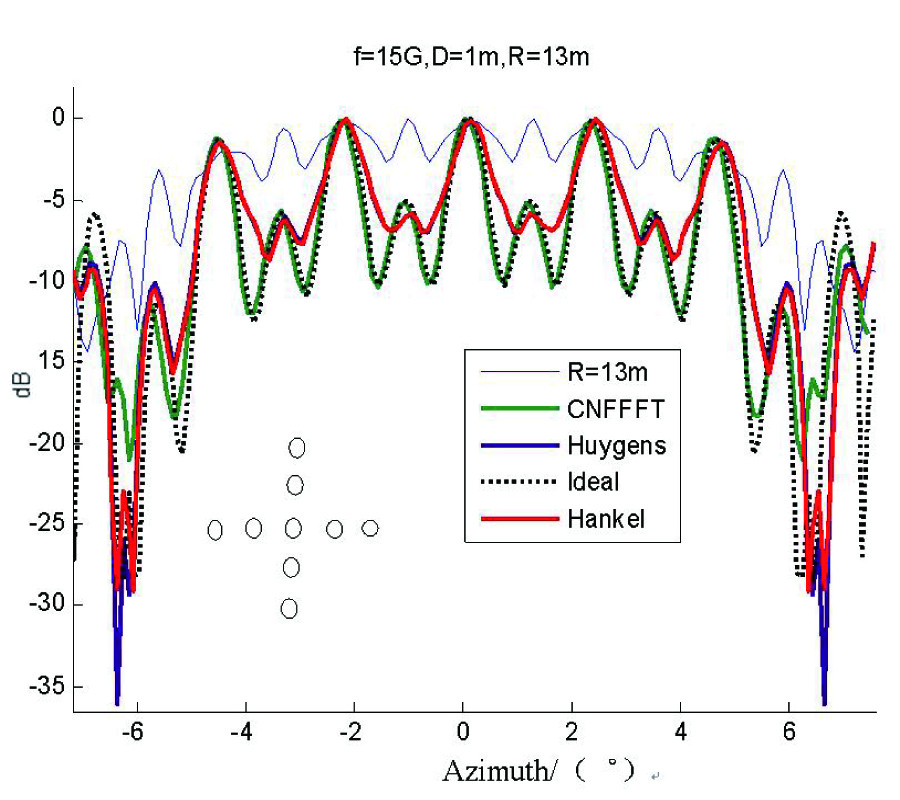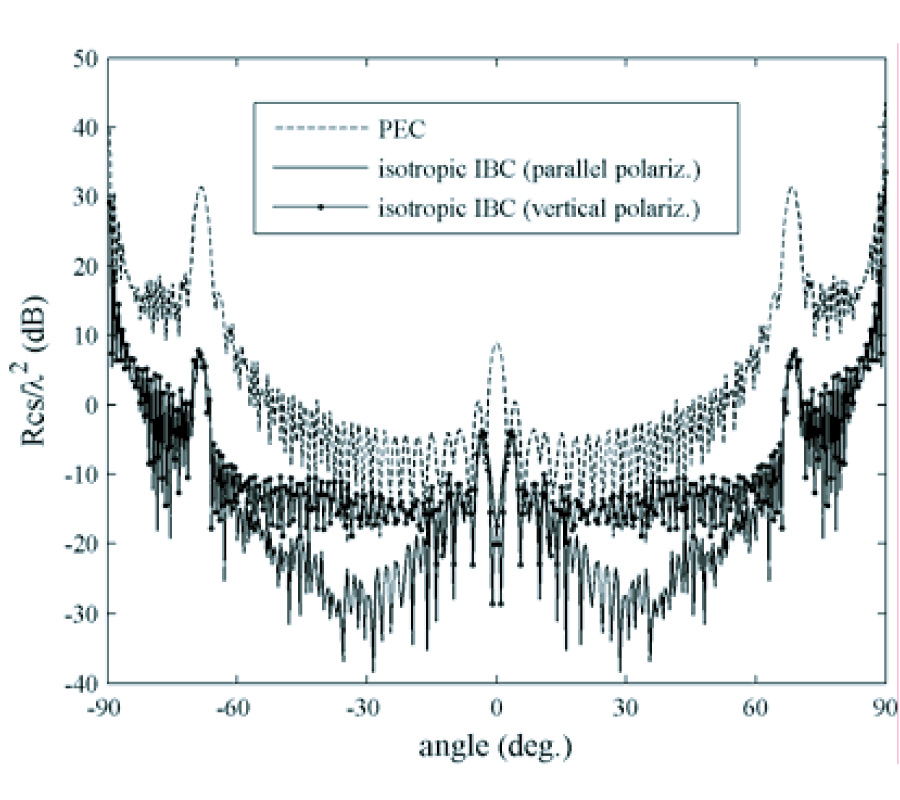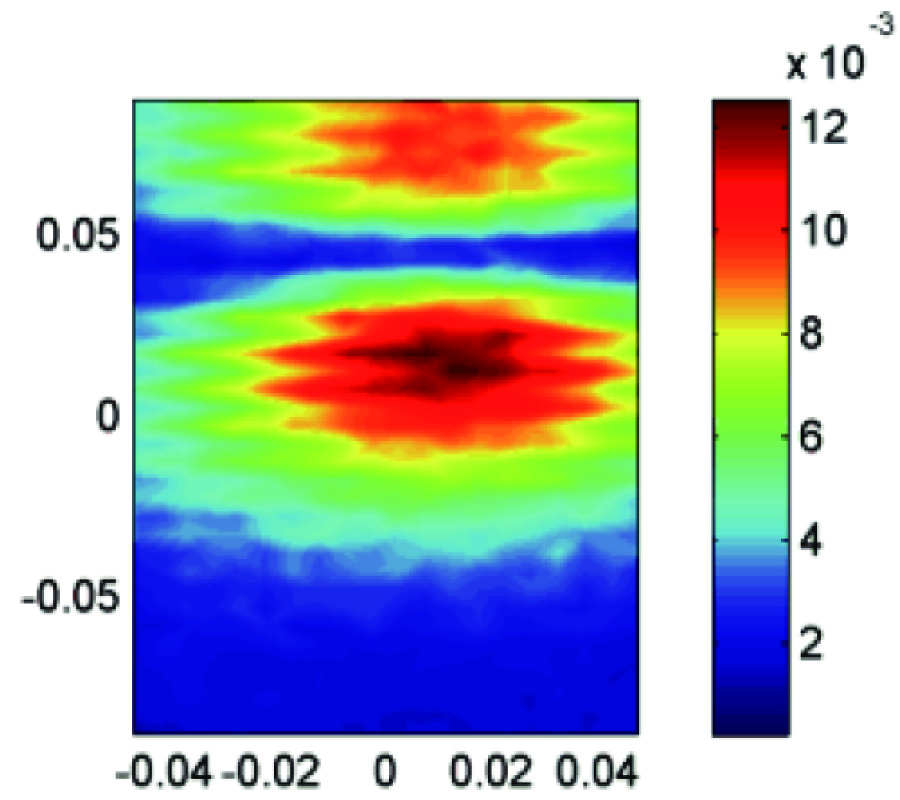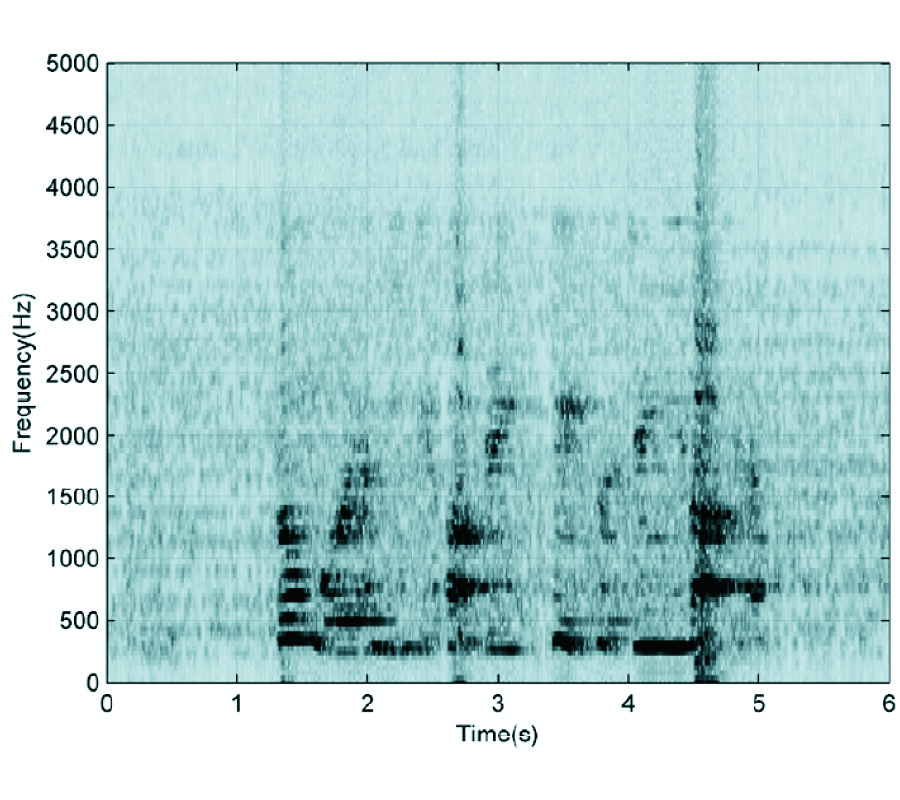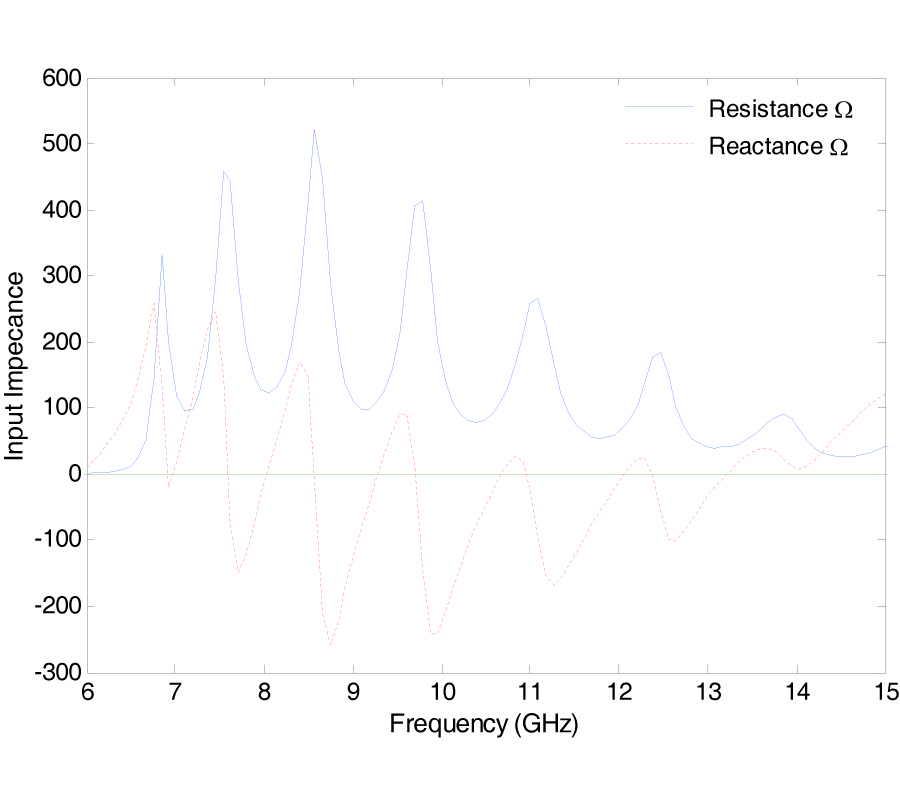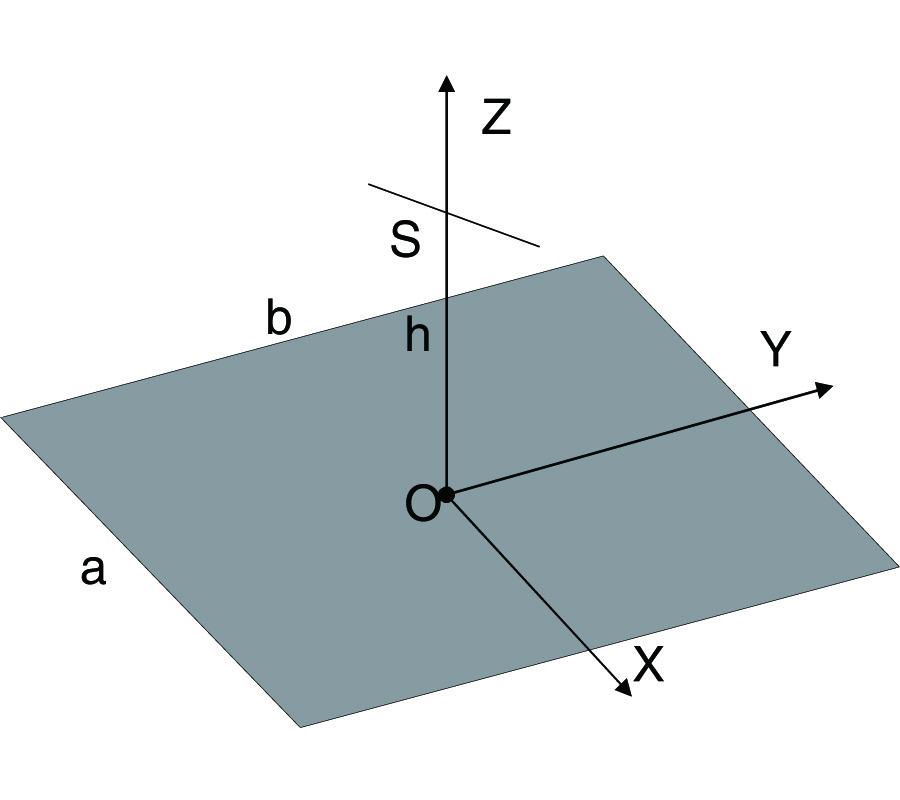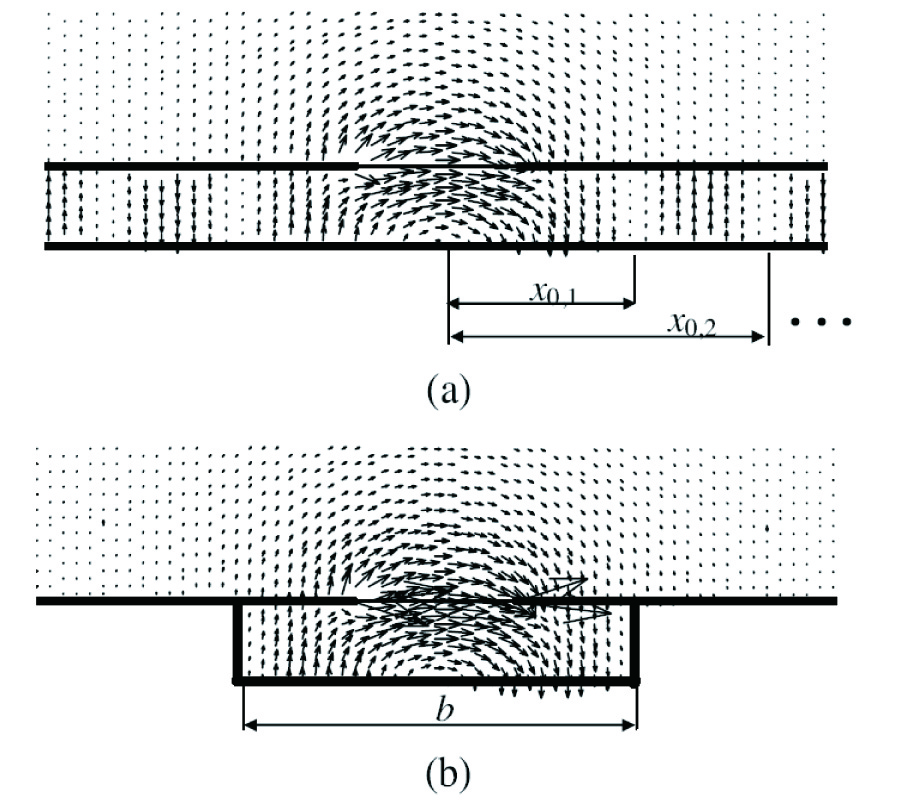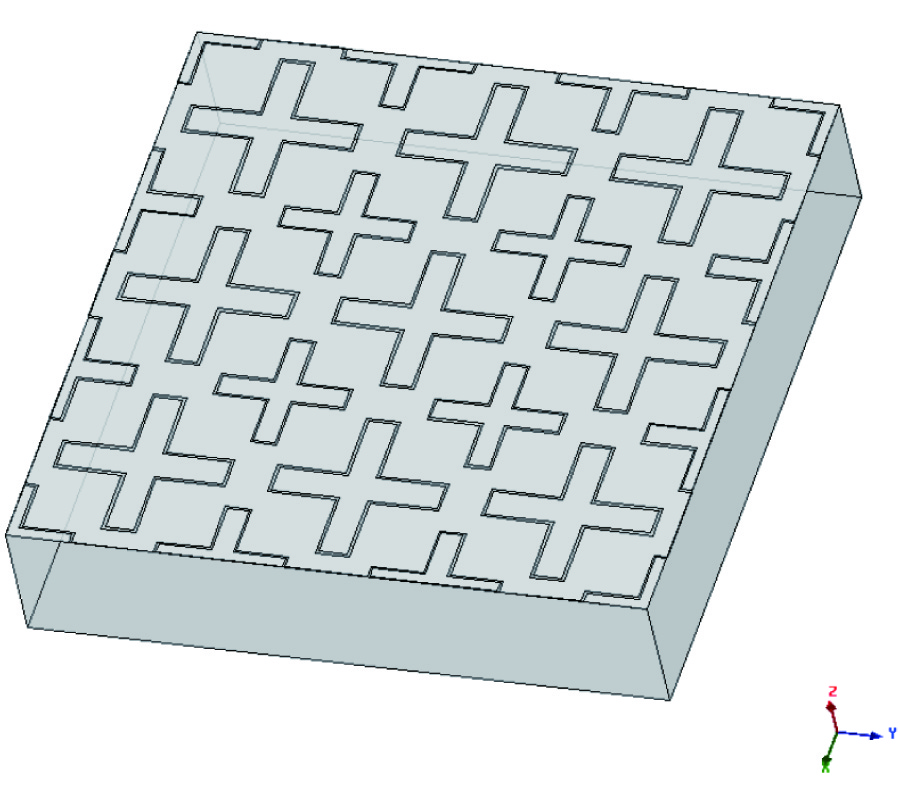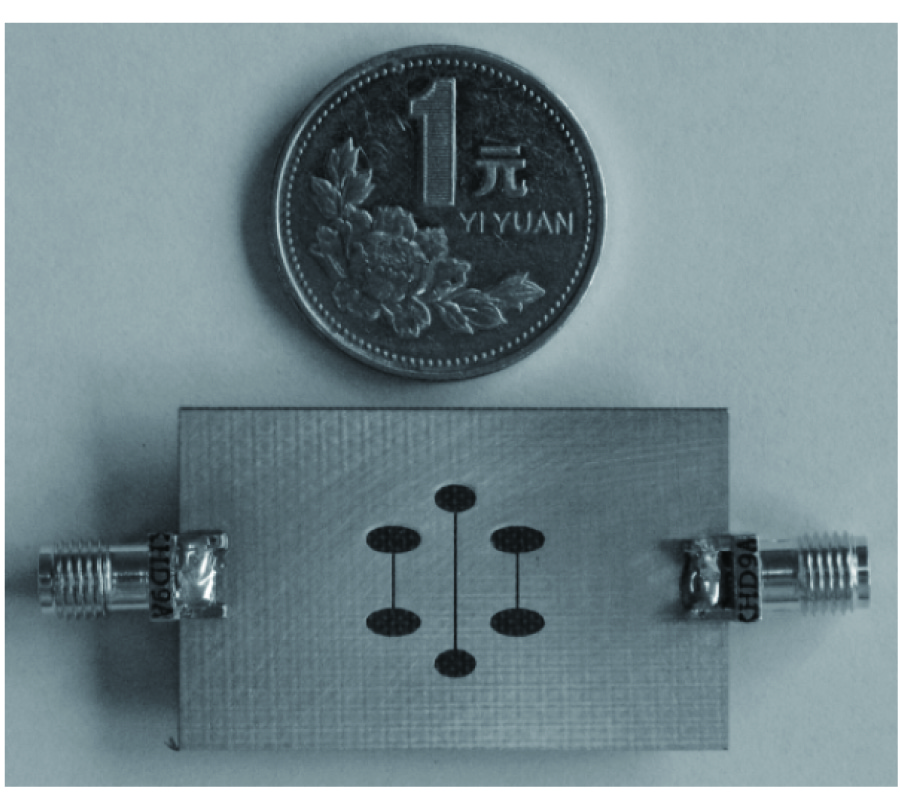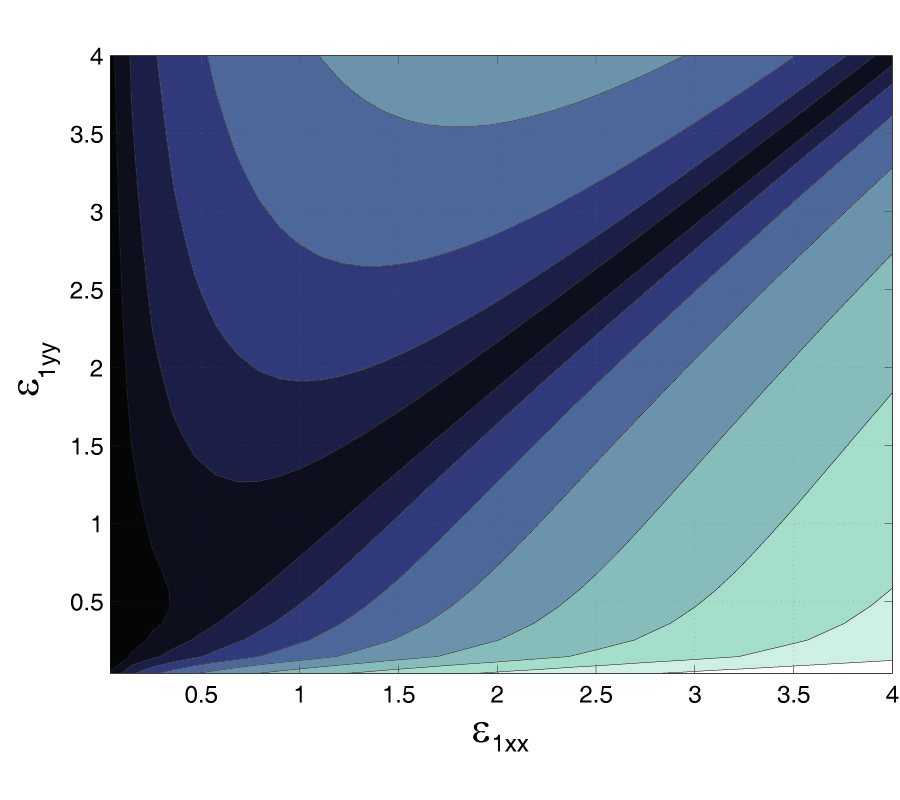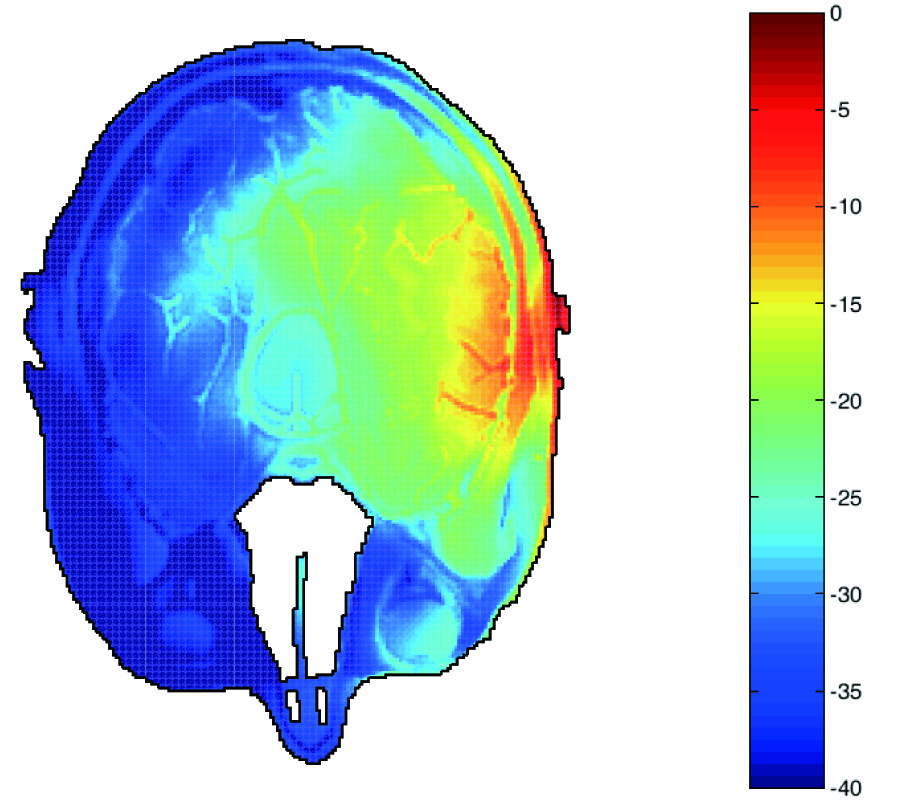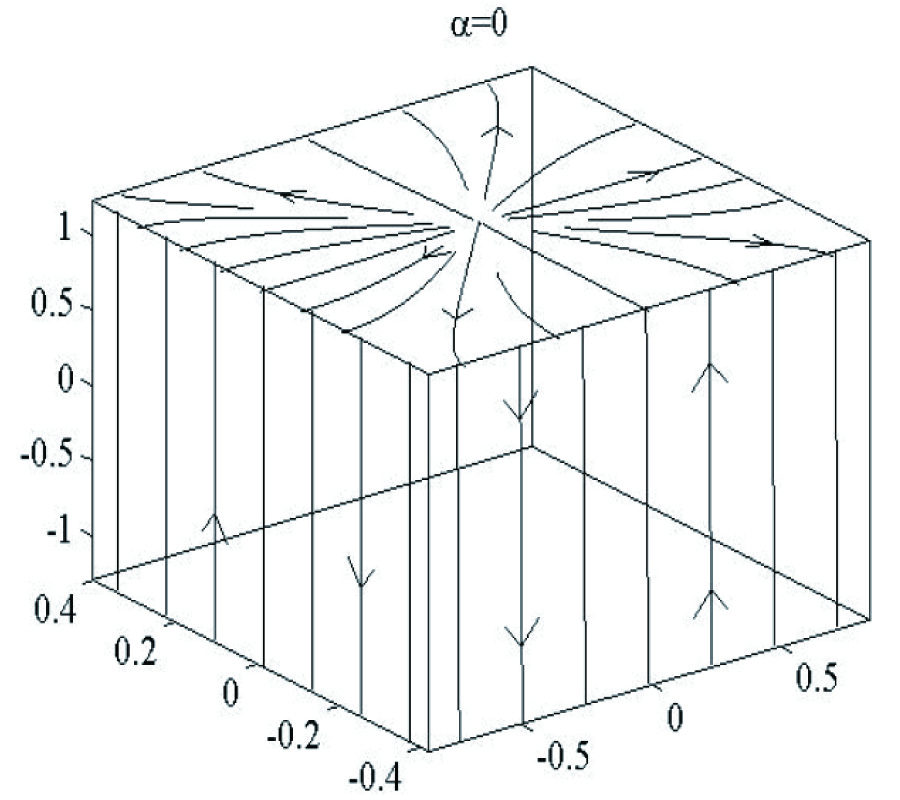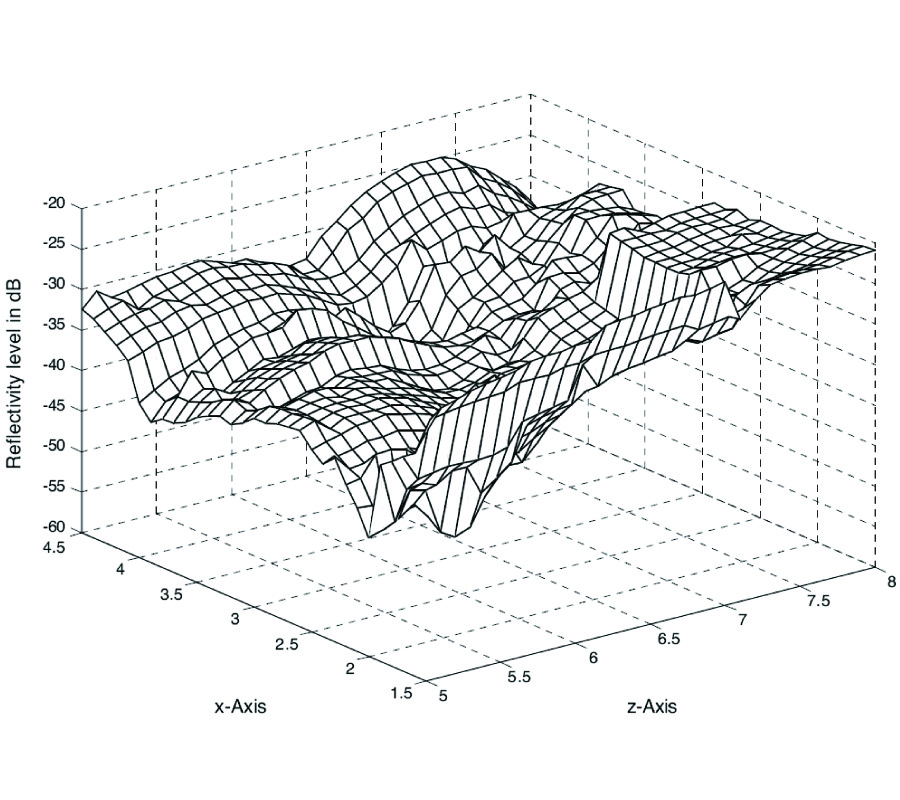The Enhancement of Millimeter Wave Conduct Speech Based on Perceptual Weighting
Sheng Li,
Jian-Qi Wang,
Ming Niu,
Tian Liu and
Xi-Jing Jing
A new non-air conduct speech detecting method is introduced in this paper by means of millimeter wave (MMW) radar. Due to its special attribute, this method may provide some exciting possibility of wide applications. However, the resulting speech is of less intelligible and poor audibility since the present of the combined and colored additive noise. This paper, therefore, investigates the problem of the MMW radar speech enhancement by taking into account the frequency-domain masking properties of the human auditory system and reduces the perceptual effect of the residual noise. Considering the particular characteristics of MMW speech, the perceptual weighting technique is developed and incorporated into the traditional spectral subtraction algorithm to shape the residual noise and make it inaudible. The results from both acoustic and listening evaluation suggest that the background noise can be reduced efficiently while the distortion of MMW radar speech remains acceptable, the enhanced speech also sounds more pleasant to human listeners, suggesting that the proposed algorithm achieved a better performances of noise reduction over other subtractive-type algorithms.
